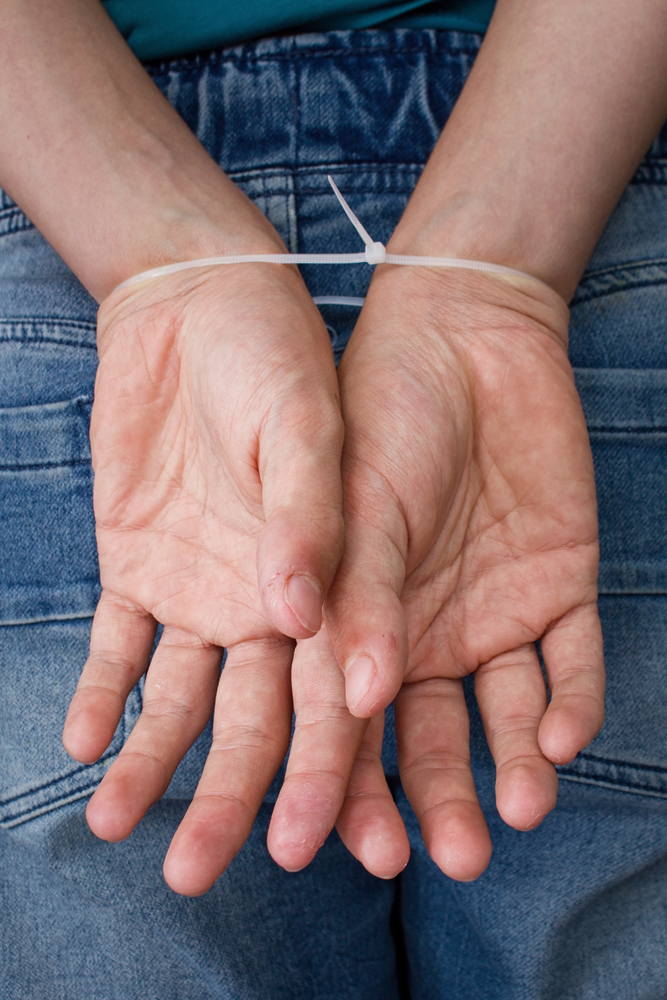How Long Does Alcohol Stay in Your System?
Alcohol detox involves ridding the body of alcohol while managing the potentially dangerous withdrawal symptoms. Consuming alcohol with a higher alcohol content will result in a higher BAC. For example, wine typically has 12% alcohol by volume, while beer contains 4%. It will take longer for wine to leave your body than beer, even if you consumed the same amount. If two people have the same weight and gender, the person with a lower body fat percentage will have a lower BAC than the one with a higher body fat percentage.
- People with diabetes or yeast infections may have enough ethanol in their bodies to create a false positive on an alcohol test.
- Our UK laboratory is fully equipped to test a variety of samples for the presence of alcohol including blood, hair, and nails.
- Alcohol can be detected in a hair follicle test for up to 90 days.
- It analyzes the air you breathe out and gives you a reading immediately.
How Do You Measure Alcohol in the Body?
As we get older, our bodies generally become less efficient at metabolizing alcohol. Research has found this is due to reduced overall circulation, a decrease in the body’s total water content, and decreases in lean muscle mass, all of which are normal occurrences as we age. If your BAC is 0.01%, it means the test found 0.01 grams of alcohol in 100 ml of your blood.
Alcohol Detection Window

Right after you take a sip, the alcohol quickly moves into your bloodstream through your stomach and small intestine. Recovery Resource Center provides information on the best evidence-based treatment centers for people struggling with addiction and mental health. The EtG test can detect a positive use of alcohol up to five days later. Alcohol gets measured through blood, saliva, sweat, urine, breath and hair follicles. Despite the method, most alcohol tests search for the chemicals ethanol or EtG. The Blood Alcohol Concentration shows how much of your bloodstream is pure alcohol.
Your addiction does not have to define who you are.
On average, the body metabolizes alcohol at a consistent rate, with an elimination half-life of about 1 to 2 hours. This means it typically takes that long for the body to process and eliminate half of the alcohol consumed. The liver can metabolize around 0.015 g of ethanol per 100 mL of blood per hour. On average, a healthy human liver can process one standard drink per hour.

- Both over-the-counter and prescription drugs may alter the effects of alcohol on your body.
- It is important to note that while the liver is the primary organ responsible for metabolizing alcohol, it can only process a limited amount of alcohol at a time.
- As a guideline, allow several hours after drinking before driving or operating machinery to ensure safety and sobriety.
Variations in ADH genes can significantly impact metabolism speed. For instance, individuals of East Asian descent often have a genetic variant that causes acetaldehyde to accumulate faster, leading to symptoms https://megasecurityservice.com/2021/10/29/my-experience-of-cannabinoid-hyperemesis-syndrome/ like flushing, nausea, and rapid heartbeat. This genetic predisposition not only affects tolerance but also how long alcohol lingers in the system. Younger adults generally process alcohol more efficiently than older individuals due to differences in liver function and muscle mass. For example, a 25-year-old may eliminate alcohol faster than a 55-year-old consuming the same amount.
How does alcohol affect the body?
The same 2013 research review above showed that there’s not much you can do to speed up hangovers. So-called hangover cures might help you feel less crappy after drinking too much, but they won’t help your body clear out the alcohol faster. Once you swallow and the alcohol reaches your belly, it’s absorbed through the lining of your stomach and intestines into your bloodstream, causing you to feel those boozy effects ramping up. Regular drinking over a long time causes damage to the brain, how long does alcohol stay in your system which can lead to alcohol-related dementia or brain damage (ARBD).

You might feel the intoxicating effects of alcohol more rapidly, and it will also take your body longer to clear the remaining alcohol from your system. In general, a blood test can detect alcohol in your system for about 12 hours after you drink. Women generally have a higher percentage of body fat and a lower percentage of body water compared to men, resulting in a higher BAC. Additionally, women have lower levels of acetaldehyde dehydrogenase, the enzyme responsible for metabolizing alcohol in the stomach. Hair testing can detect alcohol consumption for up to 90 days after a person has stopped drinking.
While it provides a long-term history of alcohol use, it cannot distinguish drinking levels. Alcohol can be detected in your blood for up to 12 hours, in your urine for up to 48 hours, and in your hair for up to 90 days. Detection time depends on factors like the amount of alcohol consumed Drug rehabilitation and your body’s metabolism.
Which alcohol is least harmful to your liver?
Drinks with higher alcohol content, such as spirits, can lead to a faster increase in blood alcohol concentration compared to beer or wine. However, the higher percentage of body fat a person has the higher his or her blood alcohol concentration will be. This is because fat tissue contains less water than lean tissue, leading to less total body water and thus more alcohol in the blood.
